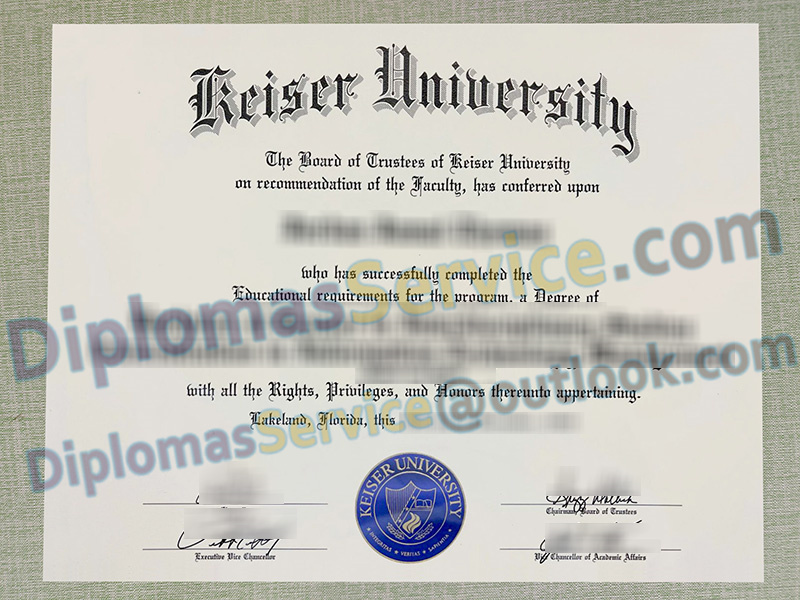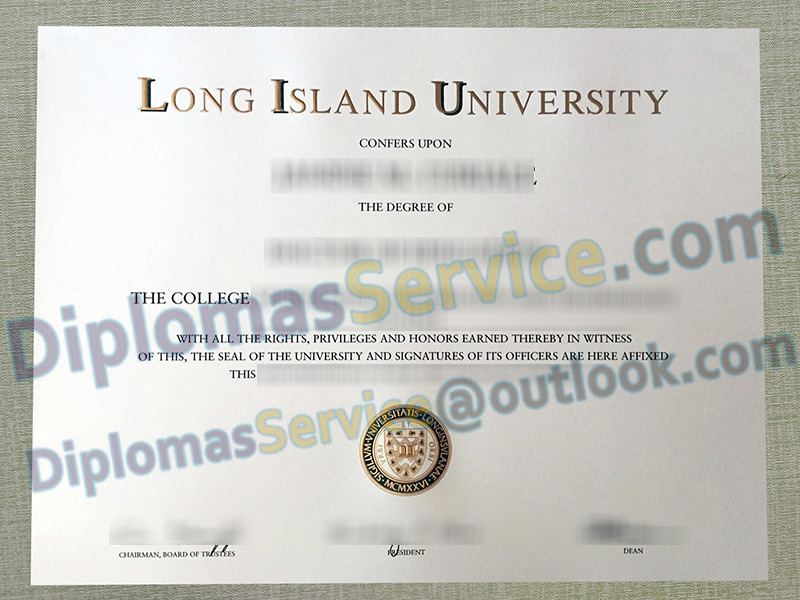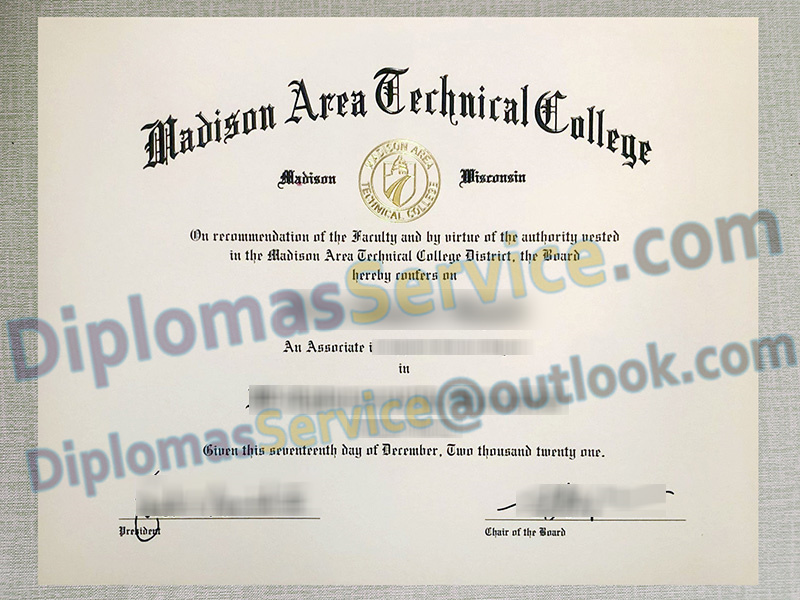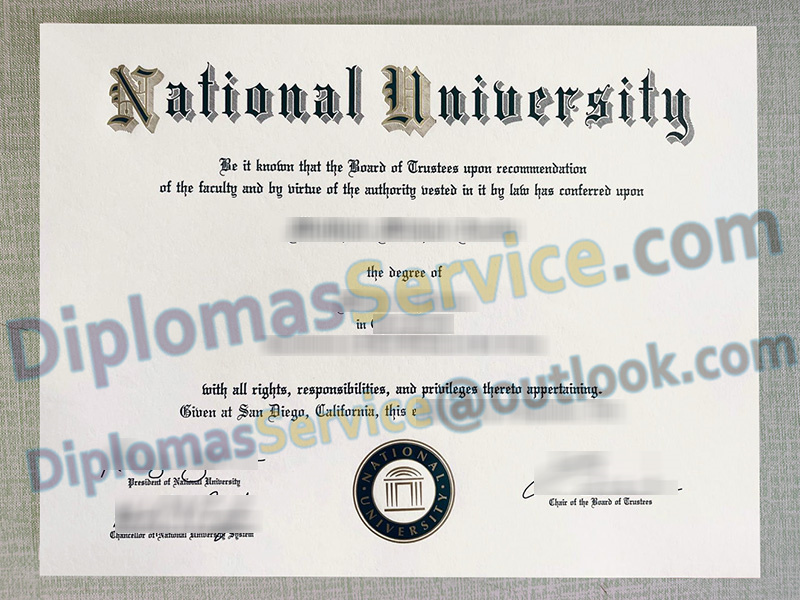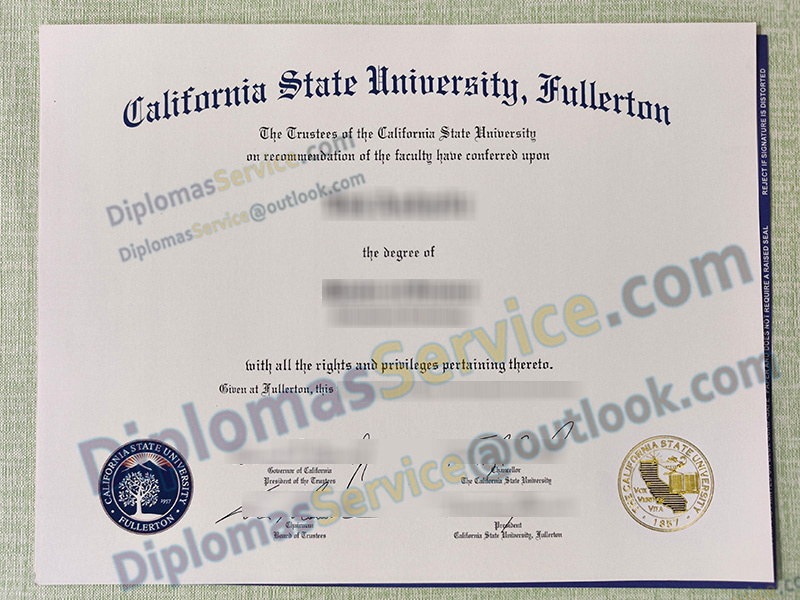
California State University, Fullerton (CSUF) stands as one of the nation’s most dynamic public research institutions, buy Cal State Fullerton diploma. Founded in 1957, the university has evolved from a modest satellite campus of the University of California system into an independent, comprehensive university that serves more than 40,000 undergraduate, graduate, and professional students. Situated in the vibrant city of Fullerton, just 30 miles southeast of Los Angeles, CSUF blends academic rigor with the cultural diversity and entrepreneurial spirit of Southern California.
Academic Excellence
CSUF offers more than 120 undergraduate majors, 70 master’s degree programs, and a growing portfolio of doctoral and professional doctorate options. The university is organized into eight colleges, each recognized for scholarly achievement and industry relevance:
| College | Notable Programs |
|---|---|
| College of Business and Economics | Accounting, Finance, Marketing, International Business |
| College of Engineering and Computer Science | Civil, Mechanical, Electrical, Computer Engineering, Software Engineering |
| College of Education | Teacher Preparation, Educational Leadership, Counseling |
| College of Humanities and Social Sciences | Psychology, Sociology, Political Science, Creative Writing |
| College of Health and Human Development | Nursing, Public Health, Human Development & Family Studies |
| College of the Arts | Music, Theatre, Visual Arts, Digital Media |
| College of Natural Sciences and Mathematics | Biology, Chemistry, Mathematics, Environmental Science |
| College of Teacher Education | Early Childhood Education, Special Education |
Accredited by the Western Association of Schools and Colleges (WASC), CSUF’s programs regularly receive commendations from professional bodies such as AACSB (Business), ABET (Engineering), and NCATE (Education). Faculty members are active scholars, authors, and industry consultants who bring cutting‑edge research directly into the classroom.
Student Success & Outcomes
Career readiness is a core mission of CSUF. The university operates one of the nation’s most robust career services centers, offering résumé workshops, interview coaching, and a network of over 1,000 corporate partners. Recent graduate employment data shows that 84% of alumni secure full‑time employment or continue graduate study within six months of graduation, with average starting salaries exceeding the state median for comparable degree fields.
Scholarships, fellowships, and undergraduate research grants are available to more than 30% of the student body, ensuring that financial constraints do not hinder academic ambition. The university’s “Titan Advantage” initiative integrates experiential learning—internships, service‑learning, and capstone projects—into every degree program.
Campus Life & Community
The 236‑acre campus is a microcosm of Southern California’s cultural mosaic, order a diploma. Modern facilities include the state‑of‑the‑art Titan Stadium, the University Student Union, a 300‑seat performing arts theater, and the acclaimed Pollak Library, which houses over 3 million volumes and a dedicated digital media lab. Sustainability is woven into campus planning; the university achieved LEED Gold certification for several residence halls and operates a 4‑megawatt solar array that powers a substantial portion of campus electricity needs.
Student organizations number more than 300, ranging from professional societies and cultural clubs to service fraternities and competitive sports teams. The Titan Athletics program competes at the NCAA Division I level, fostering school spirit while emphasizing academic integrity and community engagement.
Location & Regional Impact
Fullerton’s strategic position places CSUF at the crossroads of Orange County’s thriving business districts, technology corridors, and creative industries. Partnerships with leading corporations such as Walt Disney Studios, Burbank Hospital, and Pacific Life provide students with internship pipelines and collaborative research opportunities. The university also serves as an economic engine for the region, contributing an estimated $1.2 billion annually through employment, research contracts, and community outreach.












